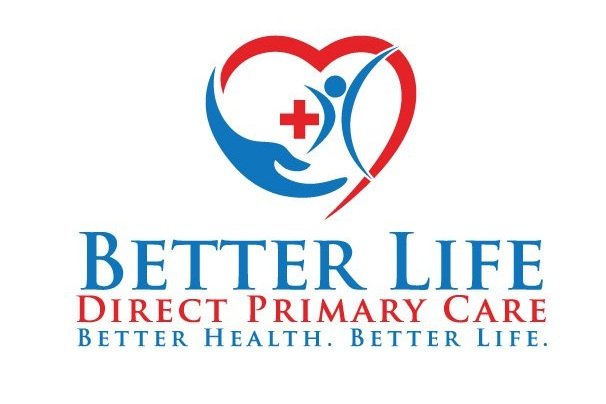Frequently asked Questions
-
Primary care is a specialty of healthcare based on an ongoing relationship between a patient and a doctor. It covers disease prevention and management of urgent and chronic medical problems covering 90% of a persons medical needs.
-
Direct Primary care is a subscription service for your doctor, i.e., you pay a monthly fee. You are not charged extra per interaction with your doctor. This allows more open communication between you and your doctor. So you, the patient, are incentivized to focus on your health care, not just your sick care.
Your doctor has a smaller panel of patients compared to doctors who bill insurance. This allows your doctor the freedom to offer extended in-person appointments, sometimes up to an hour, and flexible telehealth options.
This type of care is more personal, convenient, and accessible.
-
The goal of direct primary care is to simplify your healthcare. You pay your doctor directly which then allows you to have direct access to your doctor.
This eliminates any concerns you have about the cost of a visit or if there are hidden fees.
You can still use your insurance for the other parts of medical care.
-
The monthly membership fee includes all in-person visits, texting, e-mails, and phone calls. You do not pay extra to access your doctor.
Certain procedures (such as draining an abscess or performing an electrocardiogram) and in-house lab tests (such as a urine analysis) are also included.
-
All members are provided with your doctor’s business telephone number to call or text for urgent after hours issues. There is no talking to staff who don’t know you. You have direct access to your doctor when you need it.
-
Direct primary care allows you to have access to your personal doctor through extended visits, texting, e-mails, and phone calls. Unfortunately, insurance does not currently reimburse for this level of care. However, your insurance can still be used for all other parts of your healthcare such as labs, medications, and hospital care.
-
Not a problem. Dr. Holliday cares for patients with every type of insurance coverage, even those without it.
She also has contacts with independent insurance brokers and health shares who can assist with affordable catastrophic coverage.

